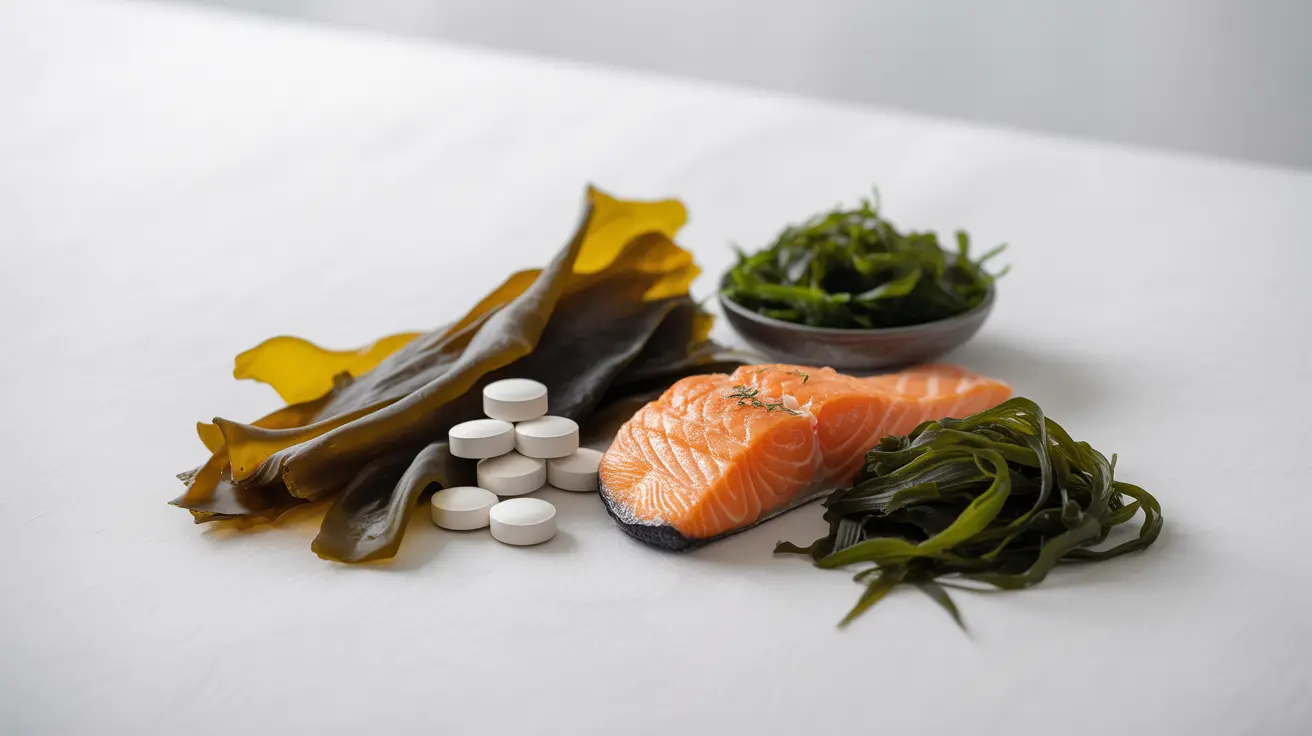Living with Crohn's disease can be challenging, but many people find relief through natural and alternative approaches alongside conventional medical treatments. Understanding these complementary options can help you develop a more comprehensive management strategy for your condition.
While natural remedies should never replace prescribed medications without consulting your healthcare provider, they can play a valuable role in managing symptoms and improving overall well-being. Let's explore evidence-based natural approaches that may help people with Crohn's disease.
Dietary Modifications for Symptom Management
Making strategic dietary changes is often the first line of defense in natural management of Crohn's disease. A well-planned diet can help reduce inflammation and minimize digestive distress.
Anti-inflammatory Foods
Focus on incorporating foods known to fight inflammation:
- Fatty fish rich in omega-3s (salmon, mackerel)
- Lean proteins
- Cooked vegetables
- Low-fiber fruits
- Turmeric and ginger
- Fermented foods
Foods to Avoid
Certain foods commonly trigger flare-ups:
- High-fiber raw vegetables
- Spicy foods
- Dairy products (if lactose intolerant)
- Processed foods
- Alcoholic beverages
- Caffeine
Beneficial Supplements and Probiotics
Several supplements have shown promise in supporting digestive health and reducing inflammation in Crohn's disease patients.
Probiotic Support
Quality probiotic supplements can help maintain a healthy gut microbiome, potentially reducing inflammation and supporting immune function. Look for products specifically formulated for inflammatory bowel conditions.
Essential Supplements
Consider these research-backed supplements:
- Omega-3 fish oil
- Vitamin D
- Zinc
- Vitamin B12
- Iron (if deficient)
Stress Management and Mind-Body Techniques
Stress can trigger or worsen Crohn's disease symptoms. Implementing stress-reduction strategies is crucial for managing the condition naturally.
Beneficial Practices
Consider incorporating these techniques:
- Regular yoga practice
- Meditation and mindfulness
- Deep breathing exercises
- Gentle exercise routines
- Acupuncture sessions
- Massage therapy
Herbal Remedies and Traditional Medicine
Certain herbs have demonstrated anti-inflammatory properties that may benefit Crohn's disease patients. Always consult your healthcare provider before starting any herbal treatments.
Promising Herbs
Research supports the potential benefits of:
- Boswellia serrata
- Slippery elm
- Aloe vera
- Peppermint
- Chamomile
- Turmeric supplements
Frequently Asked Questions
What natural remedies have been shown to help reduce Crohn's disease symptoms?
Natural remedies shown to help include probiotics, omega-3 supplements, turmeric, boswellia, and specific dietary modifications. Stress reduction techniques and regular exercise can also help manage symptoms.
How can probiotics and omega-3 fish oil supplements support Crohn's disease management?
Probiotics help maintain healthy gut bacteria and reduce inflammation, while omega-3 fish oil has anti-inflammatory properties that may help reduce flare-ups and maintain remission.
Are there any herbal supplements that are safe and effective for Crohn's disease?
Several herbs show promise, including boswellia, turmeric, and slippery elm. However, always consult your healthcare provider before starting any herbal supplements to ensure safety and proper dosing.
What dietary changes can help minimize Crohn's disease flare-ups and improve gut health?
Focus on anti-inflammatory foods, avoid trigger foods, eat smaller meals, stay hydrated, and consider keeping a food diary. Common beneficial changes include increasing omega-3-rich foods and reducing processed foods.
How do stress reduction techniques like yoga and acupuncture benefit people with Crohn's disease?
These practices help reduce stress-related inflammation, improve overall well-being, and may help prevent flare-ups. They can also help manage pain, improve sleep quality, and enhance quality of life.




